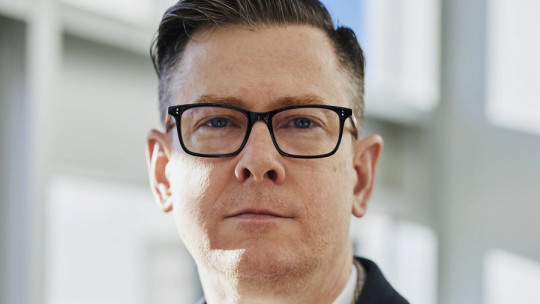
In recent years, investing in my emotional management has been the key to transform all areas of my life, both personal and professional.
Powerful reasons why investing in your emotional management is the best investment of your life
Here I share 10 essential learnings from this fascinating journey towards well-being.
1. Emotional management is the basis of any success
For decades, many of us have believed that success only depends on technical skills, effort or the objectives achieved. However, Without good emotional management, any achievement can falter. Investing in your emotional well-being allows you to navigate crises, unexpected changes and challenges with greater serenity and clarity.
Imagine this scenario: You’re advancing in your career, but a change in boss leaves you out of steam. Everything stops and you start to consume yourself. If you don’t take care of your emotional health, you can find yourself trapped like a paralyzed deer in the headlights of a truck at night. Don’t let superficial “you can do it all” advice lead you to burnout. True strength lies in managing your emotions wisely. Perseverance is a test of wisdom.
2. Resilience is trained on good days
It is said that Marcus Aurelius, the great emperor and Stoic philosopher, practiced small daily privations to prepare for the great adversities that could come. In first century Rome, hardship was the norm, and although today we think we live in uncertain times, uncertainty has always been part of life. An example of his training was to keep a stone in his sandal, enduring that little daily discomfort.
This daily discomfort strengthened his character, preparing him for greater future deprivations. Comfort weakens, while discomfort strengthens. For better emotional management, you must prepare for moments of well-being. This stoic practice helps me, because when I face a setback at work or a tense argument, I already have strategies. Knowing that in any situation you can find solutions reduces fear and increases your emotional resilience.
3. Investing in yourself improves your relationships
One of the most valuable lessons I’ve learned from investing in my emotional management is how it affects my relationships. By being emotionally balanced, I can negotiate better, communicate more effectively, and resolve conflicts without unnecessary drama. The better I manage my emotions, the better I relate to others, whether at work, with my family or friends. Investing in yourself is the best school of relationships.
4. Investing in yourself has no expiration date
Sometimes we think that “it’s too late” to start investing in ourselves. Nothing could be further from the truth. Emotional management is not only useful today, but will accompany you for the rest of your life. It is an asset that, over time, only increases in value. You will see how the small investments you made in your emotional well-being will pay off big, not only in critical moments, but in every ordinary day.
5. The emotional cost of not investing in yourself is enormous
It’s impossible to put a price on your peace of mind, but you can measure the cost of not having it. Bad decisions, stress, burnout, and conflicts that we don’t manage end up affecting all areas of our lives, from physical health to work performance. Investing in yourself is an investment that will avoid large costs in the long term.
6. Experience teaches you to deal with your emotions effectively
I clearly remember the first time I faced an emotional challenge at work. I was overwhelmed because I didn’t understand what was happening to me. But over time and after investing in my emotional management, I now have tools to deal with difficult moments. What once seemed like a huge problem is reduced when you have experience and the right strategies. Every time you learn more about yourself, your problems decrease, because you grow.
7. Investing in yourself makes you more resilient to change
The future is uncertain, but one thing is certain: change is constant. To face these changes, emotional resilience is key. When you invest in your emotional well-being, you develop flexibility that allows you to adapt to any circumstance, positive or negative. You prepare for change and accept it as part of growth.
8. The importance of important things and taking care of your time
Knowing how to manage your time and your emotions is crucial. There are tasks and worries that simply aren’t worth your energy. Learn to delegate what takes away your peace of mind. Value your time and prioritize what really matters, like your emotional well-being. That is an investment that will always return you profits. I recommend Ric Elías’s TED talk, “3 Things I Learned While My Plane Crashed,” which will help you change your perspective in just 3 minutes.
9. Emotions are contagious: Invest in working on your emotions to positively influence others
If you are well, those around you will be too. Your emotions not only affect you, but everyone with whom you share your life. By investing in your emotional management, you become a source of inspiration and calm for others.
10. Investing in yourself is a long-term investment that transforms lives
The best investment you can make is in yourself. Over time, you will realize how your emotional well-being influences all areas of your life: your career, your relationships, your health. It will not only transform you, but also those around you. In the end, investing in your emotional management will allow you to live a life with more peace, purpose and success.
Here’s to an emotionally healthier future!








